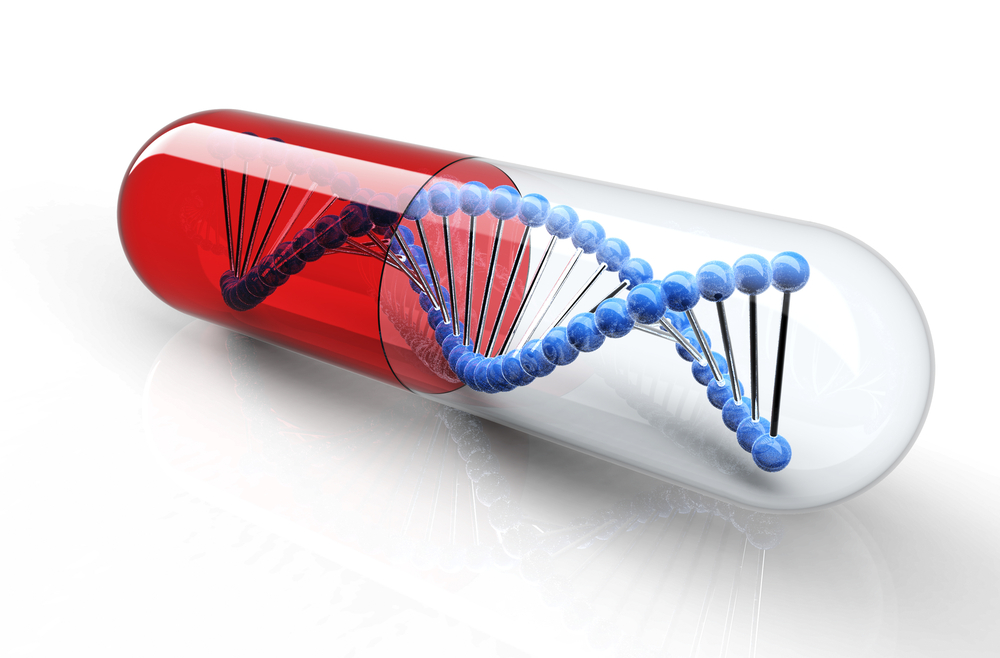Catabasis Previews MoveDMD Phase 2 Trial Results at Investor Day
Written by |

 At Catabasis Pharmaceuticals’ first Investor Day earlier this month, the company provided an in-depth review of its strategy and development pipeline of product candidates for treating rare diseases, including the Duchenne muscular dystrophy drug edasalonexent (CAT-1004).
At Catabasis Pharmaceuticals’ first Investor Day earlier this month, the company provided an in-depth review of its strategy and development pipeline of product candidates for treating rare diseases, including the Duchenne muscular dystrophy drug edasalonexent (CAT-1004).
 Guest speakers included Craig McDonald, MD, director of the NeuroNEXT Program at the University of
Guest speakers included Craig McDonald, MD, director of the NeuroNEXT Program at the University of  California, Davis, and H. Lee Sweeney, Ph.D., director of the Myology Institute at the University of Florida in Gainesville.
California, Davis, and H. Lee Sweeney, Ph.D., director of the Myology Institute at the University of Florida in Gainesville.
“At Catabasis, we have been executing relentlessly on our strategic plan and mission to bring hope and life-changing therapies to patients and their families suffering from rare  diseases,” Jill C. Milne, CEO of Catabasis, said in a press release.
diseases,” Jill C. Milne, CEO of Catabasis, said in a press release.
“We expect to report top-line safety and efficacy results from the Phase 2 portion of the MoveDMD clinical trial in the first half of Q1 2017 after the JP Morgan conference. Assuming positive Phase 2 results, we anticipate initiating two additional clinical trials in DMD next year, including a pivotal Phase 3 trial,” she said.
Top-line safety and effectiveness results from the placebo-controlled MoveDMD Phase 2 trial of Catabasis’s drug candidate edasalonexent for Duchenne muscular dystrophy (DMD) are expected in the first quarter of 2017.
In the ongoing open-label extension of the MoveDMD trial, patients will continue taking edasalonexent for 36 weeks after completing the 12-week, placebo-controlled portion of the trial.
Catabasis describes edasalonexent as an oral small molecule agent with the potential to be a disease-modifying therapy for all DMD patients regardless of the particular gene mutation underlying the development of their disease.
Edasalonexent inhibits NF-kB, a protein that becomes activated in people with Duchenne MD, driving inflammation and fibrosis, muscle degeneration, and suppresses muscle regeneration.
The company reports that edasalonexent produced beneficial effects in skeletal, diaphragm and heart muscle and improved function in DMD animal models. The U.S. FDA has granted edasalonexent Orphan Drug, Fast Track, and Rare Pediatric Disease designations. The European Commission has also granted edasalonexent Orphan Medicinal Product status for the treatment of DMD.
“We have previously reported safety, tolerability and reduction in NF-kB activity in Phase 1 trials in adults,” according to a statement from Catabasis. “We are currently conducting the MoveDMD trial of edasalonexent in 4-7 year-old boys affected by Duchenne. From Part A of the MoveDMD trial, we have reported that edasalonexent was generally well-tolerated with no safety signals observed and we observed NF-kB target engagement.”
The statement went on to say “pharmacokinetic results demonstrated edasalonexent plasma exposure levels consistent with those previously observed in adults, at which inhibition of NF-kB was observed.”
The primary effectiveness endpoint of the MoveDMD Phase 2 trial is a change in MRI T2 for the composite of five lower leg muscles of trial participants in edasalonexent dose groups compared to those receiving a placebo, as well as further assessment of the drug’s safety and tolerability.
Additional assessments are also being measured, including timed function tests (10-meter walk/run, four-stair climb and time to stand), muscle strength measures, the North Star Ambulatory Assessment (NSAA) and the pediatric outcomes data collection instrument (PODCI). However, the trial is not powered for evaluating the statistical significance of these additional assessments.
During the open-label extension, safety will be monitored and assessments including MRI, timed function tests, muscle strength measures, the NSAA and PODCI will be conducted.
Catabasis expects to report results from the Phase 2 trial in early 2017, and assuming positive results and after discussions with regulatory authorities, intends to initiate a Phase 3 placebo-controlled pivotal trial of edasalonexent in ambulatory boys with DMD ages 4 to 7 in the second half of 2017.
The Phase 3 trial’s primary endpoint is expected to be one of the age-appropriate timed function tests included in the Phase 2 trial, with the final design of the study expected to be informed by the Phase 2 MoveDMD trial results as well as the open-label extension data. Again assuming positive Phase 2 MoveDMD trial results, Catabasis also intends to initiate a clinical trial in non-ambulatory patients with DMD in the second half of 2017.
 “We understand that the decision to involve your child in a clinical trial is important and often difficult to make,” Dr. Joanne Donovan, Catabasis’s Chief Medical Officer, said in a statement. “We are continuously looking for ways to make participation in our trials easier on the whole family and are working with the community to make this possible.”
“We understand that the decision to involve your child in a clinical trial is important and often difficult to make,” Dr. Joanne Donovan, Catabasis’s Chief Medical Officer, said in a statement. “We are continuously looking for ways to make participation in our trials easier on the whole family and are working with the community to make this possible.”
Those interested in learning more about edasalonexent and the MoveDMD trial can find more information here, and sign up to receive updates here.
An archived version of the live webcast of the Catabasis Pharmaceuticals Investor’s Day presentations will be available for 90 days via the investor section of the Catabasis website at https://www.catabasis.com, where you can also find more information on the company’s drug discovery platform and pipeline of drug candidates.




